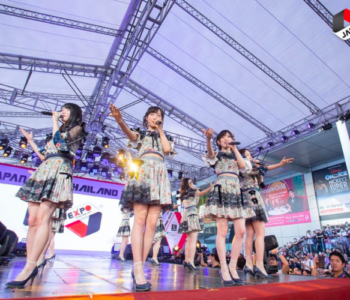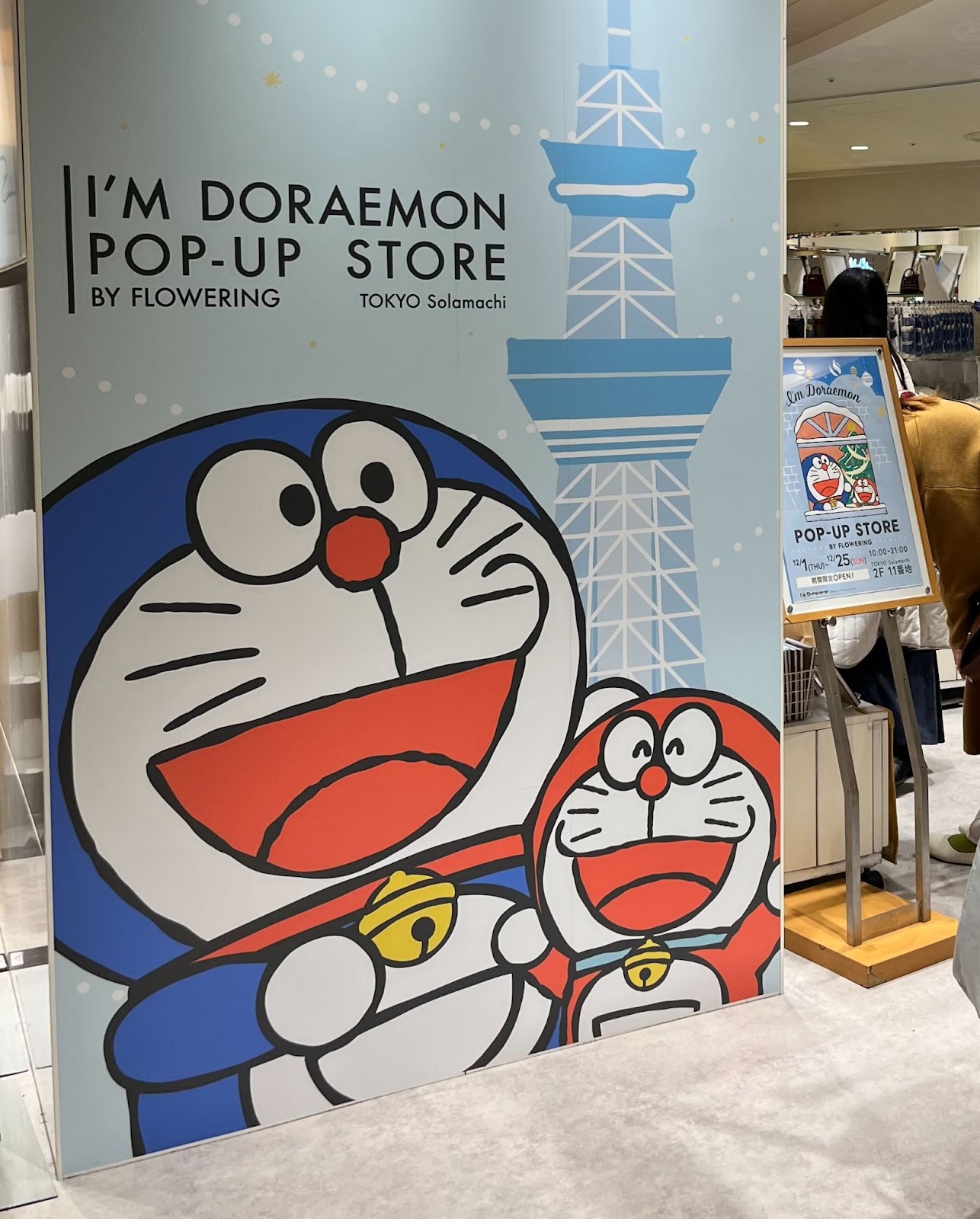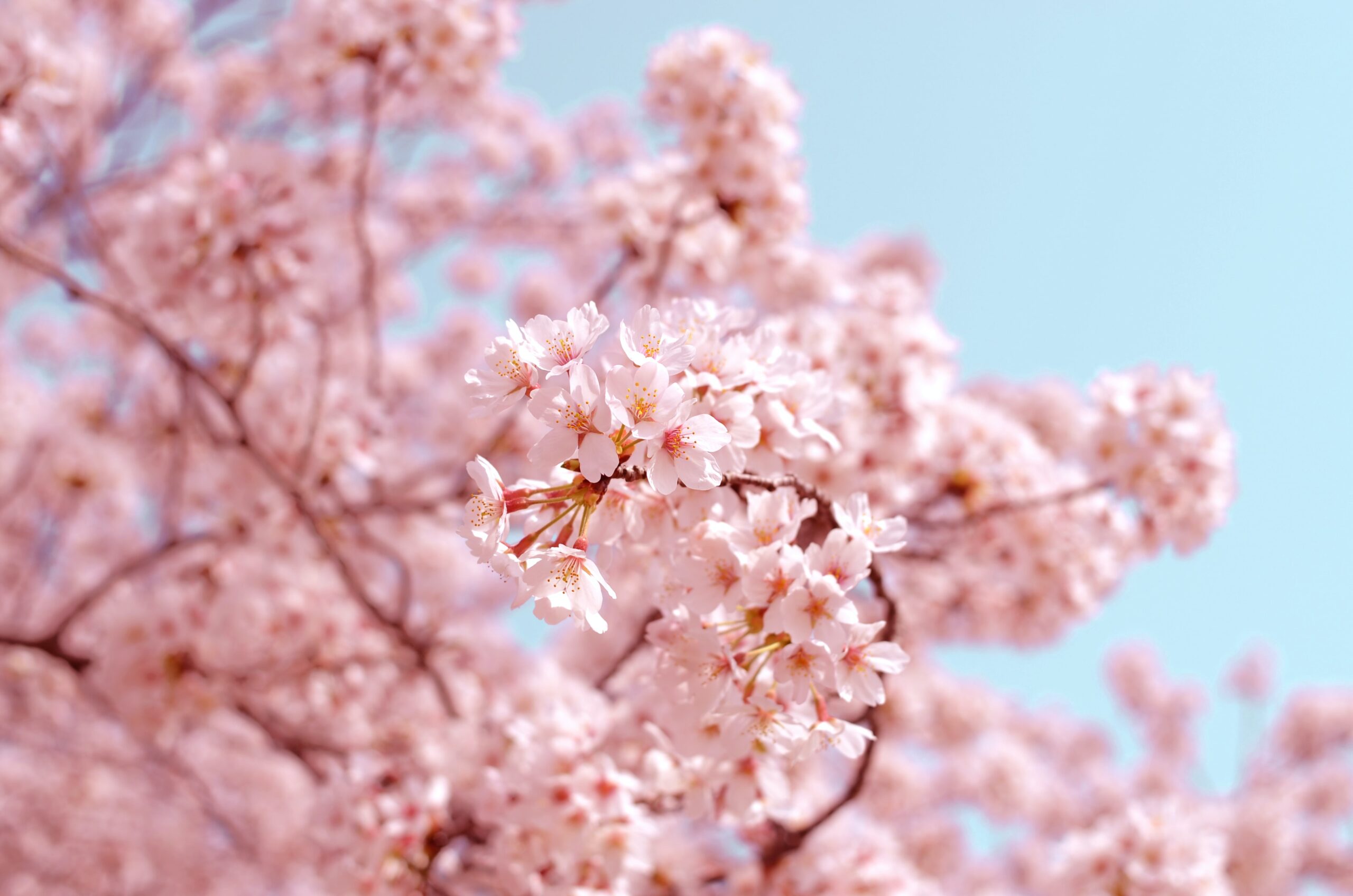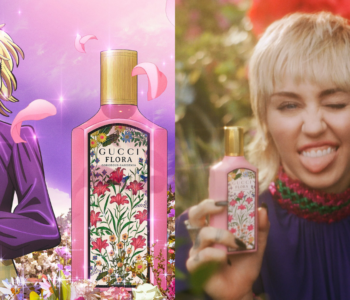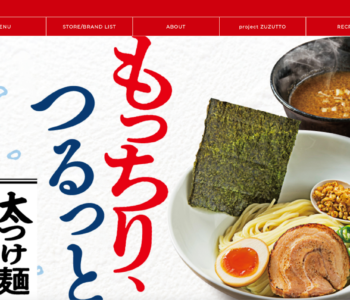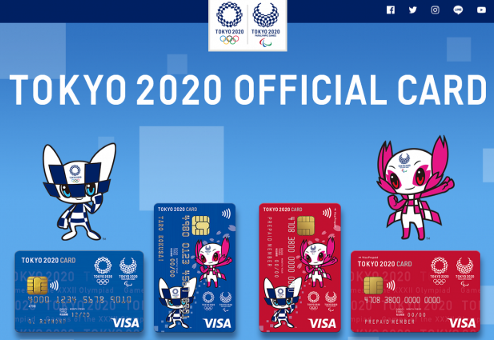 Marketing
Marketing
Sports Promotion in Japan: Creating Engagement with Tokyo 2020…
By Melissa Francis
With the Rugby World Cup soon approaching in September 2019, and the Tokyo 2020 Olympic and Paralympic Games a year away, what types of promotional campaigns are being created to raise levels of enthusiasm around these exciting major sporting events? Here, we outline the various marketing methods used to inform and educate the public about Olympic and Paralympic events, which can be applied to wider sports promotion in Japan. In the process, they also seek to improve overall interaction with the Tokyo 2020 brand to make the occasion as memorable as possible.
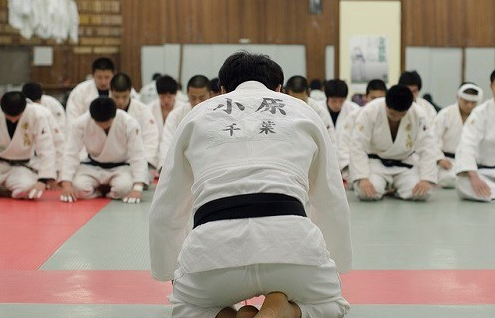
Sports Promotion in Japan via Special Exhibitions
SPORTS x MANGA
Official Tokyo 2020 Partner Panasonic is holding a SPORTS x MANGA event, running from 13th July until 29th September 2019. The exhibition is a joint effort from both the electronics behemoth and four of Japan’s most prominent publishing houses; Kodansha, Shogakukan, Shueisha, and Akita Shoten. The overarching concept is to celebrate depictions of sports throughout manga’s history, presenting a comprehensive chronology of well-known and perhaps lesser-known titles. In total, more than 100 sports manga titles are on display, with information provided via interactive touchscreen panels. One booth is especially dedicated to showcasing manga and anime works that focus on disability sports, with the aim of educating visitors about the Paralympics.
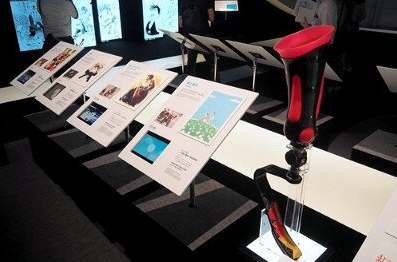
Sports Promotion in Japan by Means of Nostalgia: Edo Sports and the Tokyo Olympics
Similarly, the Edo Tokyo Museum have been holding an interactive exhibition called ‘Edo Sports and the Tokyo Olympics’, allowing visitors to immerse themselves in the history of Japan’s participation in the Games all the way from the Edo Period up to the present day. The exhibition gathers together patriotic artefacts such as the uniform belonging to the first-ever Japanese player to compete in the Olympics, and original merchandise. Activities include taking photos while holding a replica of the ‘Nippon’ (Japan) placard seen in the 1912 Stockholm Games against a black and white backdrop of the opening parade.
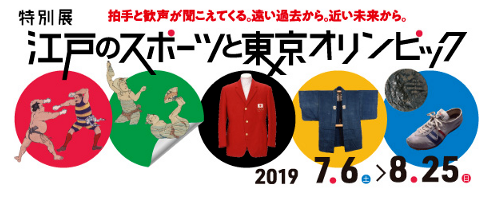
This type of exhibition really helps to create a sense of engagement through collective nostalgia for Japan’s involvement and successes in past Games. It channels that energy into positive associations with Tokyo 2020 itself. Audio narration of the exhibition was provided by Japanese tennis player Shuzo Matsuoka. In a video of the event, visitors praised the experience, saying that even the original ticket, pamphlet and poster designs from the 1964 competition can still hold a great deal of meaning among Japanese people today.
Sports Promotion in Japan with Hands-on Experiences
Inspiring Japanese children to learn more about sport
Official Tokyo 2020 Partner Yamato Holdings has held a series of physical experience sessions encouraging members of the public to try out different types of Olympic and Paralympic sports they might not usually encounter in everyday life, including wheelchair basketball and Boccia. Rather than targeting adults, however, these events are primarily aimed at school children with an active interest in experiencing new sports. They are being held at Yamato’s own Haneda ‘Chronogate’ hub — Japan’s largest logistics terminal. As an additional PR move, the decision to host these events also coincides with the company’s 100th anniversary celebration.
Another campaign, also designed to engage school-age children, asked participants to submit their messages of support for Japan’s athletes due to compete in Tokyo 2020. The winning messages will be displayed on the side of the company’s widely-recognised Kuroneko Yamato trucks. The purpose of showing these messages is to communicate the feelings Japanese children have towards athletes. Entries will be judged by an expert panel comprised of; Professor Takashi Saito from Meiji University, Satoshi Terakawa, a sportscaster, sports journalist Tetsuo Nakanishi, Tomomi Fujii, a wheelchair basketball player, and handball player Daisuke Miyazaki.
Bigger than Reality—VR experiences
A virtual taste of an athlete’s experience
As well as physical participation in sporting activities, there’s also an interest in utilising certain types of technology to ramp up enthusiasm. Overseen by the Tokyo Metropolitan Government and the Tokyo 2020 Organising Committee, The Tokyo 2020 Competition Experience Project — ‘Tokyo 2020 Let’s55 — Let’s Go!’ will be held on 24th July at the VR booth at Tokyo International Forum. The booth features a VR cycling experience for both adults and children alike, with an exact digital replica of the race course due to be used by the athletes. In May 2019, VR developer IdogaVR released a similar experience for the HTC VIVE headset which enabled people to race virtually around Matsudo race track. It featured simulated scenes from the Japan Championships.
The event’s title might seem somewhat eccentric to non-Japanese, but is comprehensible to locals because it includes a pun on the pronunciation of the word ‘5’ (go); when read aloud, it becomes ‘Tokyo 2020 Let’s Go Go — Let’s Go!’ which enhances the feeling of enthusiasm as well as a sense of ‘movement’ relating to the Games.
The Appeal of Limited Edition Products
Arty Tokyo 2020 Memorabilia Supporting Japanese NPOs
Communication company NTT East and NTT West will release limited edition ‘Calligraphy Art Telegrams’ as part of its「夢・つなぐ」’Dream.Connect’ campaign. This is a series of cards featuring handcrafted cards with cursive messages written by people with disabilities. A total of six designs have been produced, two of which feature official Tokyo 2020 mascots Miraitowa and Someity. 20% of the profits will be contributed to NPOs specialised in disability sports. The Japanese particularly enjoy sending elaborate cards for various occasions, including weddings and birthdays, and as these are in limited supply, they are likely to be more in demand.
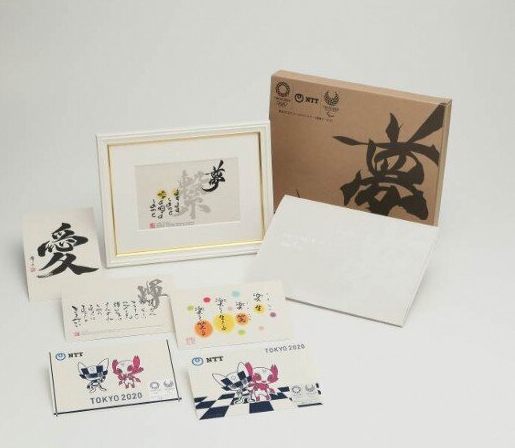
VISA Cards with Mascots
As another of the official Partners of the Tokyo 2020 Games, VISA has released a range of commemorative credit cards and prepaid cards, with zero annual fees attached to them. There are three different designs to choose from, each featuring the mascots Miraitowa and Someity. Registrants will also get novelty gifts and experiences as a result of getting this card.

Rio 2016: Social Media Campaigns
Asahi Beer ‘Kanpai!’
Although this example relates to the Rio 2016 Games, it still provides a taste of how Japanese brands approach marketing to local audiences around major events. As a Tokyo 2020 Gold Partner, Asahi beer ran a campaign which saw the company donating ¥1 JPY to selected Olympic and Paralympic-related organisations and groups for every 1 litre of beer sold. To promote this campaign further, they set up a dedicated Twitter accountwith a built-in autoreply / auto-tweet function. This meant that every time people sent out a tweet incorporating the hashtag #みんなでカンパイ (minna de kanpai — ‘cheers! with everyone’) they would receive one ‘pint of beer’ from a virtual tap on the screen.
The available stock of beer was gradually used up as they tweeted a lot with other users using the same hashtag, so it acted as a kind of interactive game to keep people entertained. Some participants were randomly selected to win special prizes. Asahi also made a rule that the chance of being selected would be ten times greater if they uploaded a picture of themselves with another person clinking their beer glasses. This aspect spurred stronger interaction with the campaign.
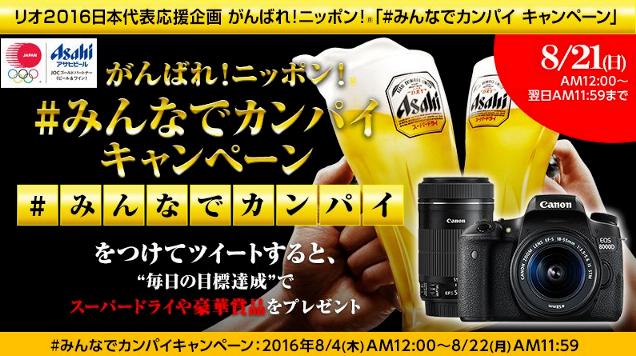
What Does This Tell us about Sports Promotion in Japan?
While the aim of Tokyo 2020 ‘1 year out’ campaigns is generally to create a buzz around and interaction with the Games among both locals and visitors, there are many ways of resonating on a deeper level specifically with members of the Japanese public. Based on what we’ve covered here, Olympic and Paralympic promoters appear to be using a carefully-crafted combination of; hands-on experiences, immersive experiences led by technology, cultural collaborations, historical exhibitions, and limited edition products (for more on this, see our recent article on how the G20 Summit promoted itself).
If you’re interested in sports promotion in Japan, check out our article on the Rugby World Cup 2019 marketing or contact us to discuss your project.
